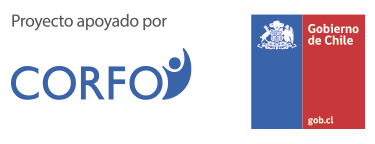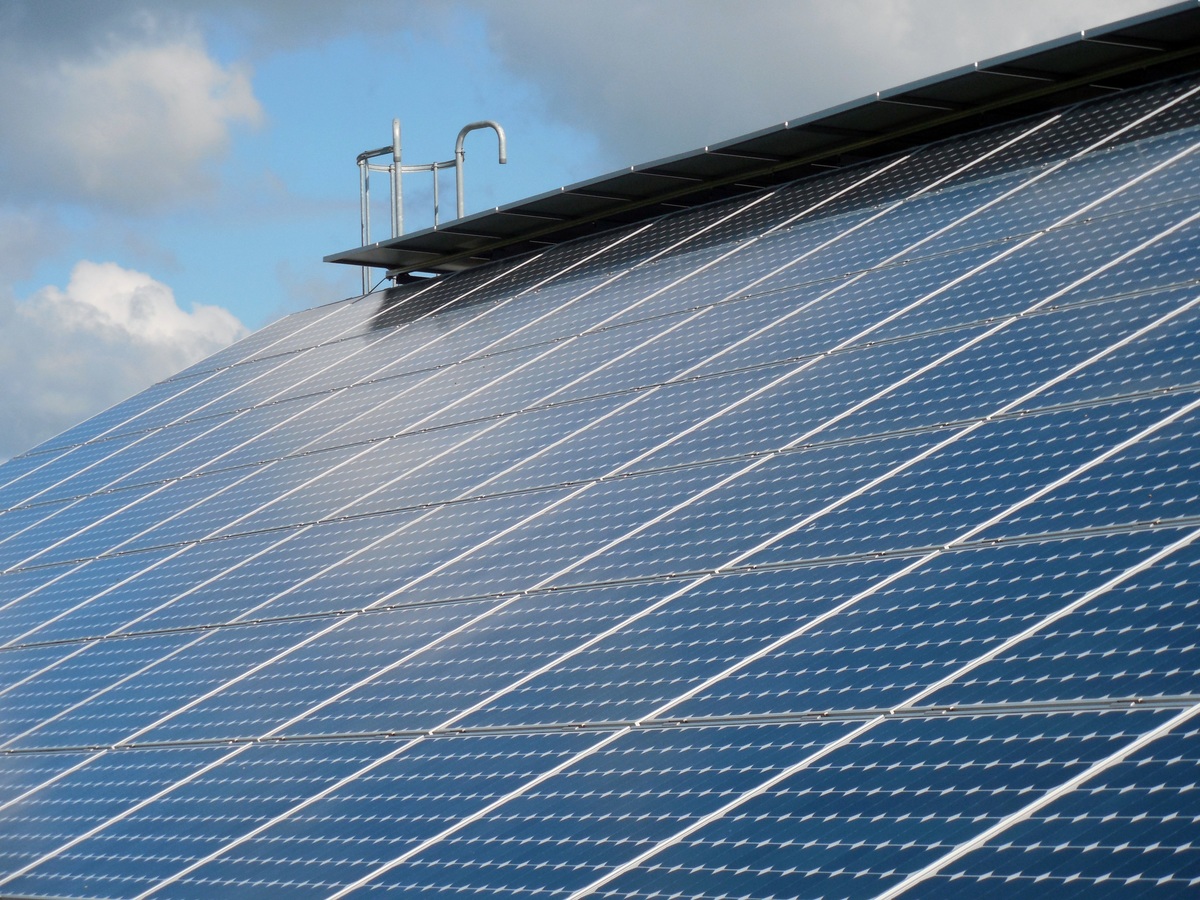RoSolServa
One of the biggest problems faced by technologies for capturing solar energy is related to the reduction of its performance, which is directly related to the deposition of different types of dirt (soil) and especially dust on the glass surfaces of photovoltaic panels. Once deposited, the light transmission through the glass of photovoltaic modules is significantly reduced with the consequent efficiency losses in the generation of energy, this parameter assuming great importance in the concentration photovoltaic due to both the technology itself (using the solar resource of direct radiation) and the locations in which its installation is recommended (desert climates with very aggressive conditions). Currently, the solutions to this problem are natural rain cleaning depending on the local climate and periodic maintenance and cleaning of manual modules, which is laborious, costly and inefficient. Cleaning systems have been developed for automated photovoltaic modules, which are expensive systems that consume a large amount of water and cause an increase in maintenance costs, which ultimately also affect the LCOE of the photovoltaic plant and concentration. Therefore, the deposition of dust on the glass or lens surface of photovoltaic modules increases the LCOE of the photovoltaic plant, mainly for two reasons: it reduces the amount of energy produced and increases maintenance costs. In order to improve the competitiveness of solar energy in comparison with other types of technology, it is necessary to lower energy production costs. To achieve this, there are two fundamental aspects to be improved: increasing plant productivity and reducing maintenance costs. In this sense, the project will work to improve the anti-soiling properties of glass through developments focused on industry but also incorporating tools of Industry 4.0 as IoT technologies to perform predictive maintenance of the degree of cleanliness of photovoltaic modules and concentration, through the development of a cleaning-robot for solar panels with semi-automatic technology, which significantly reduces soiling, and reduces the use of water resources.
Start date: 12/09/2017
End date: 11/09/2019
Project partner: Serva
Contact the project manager: projects@hostik.cl




